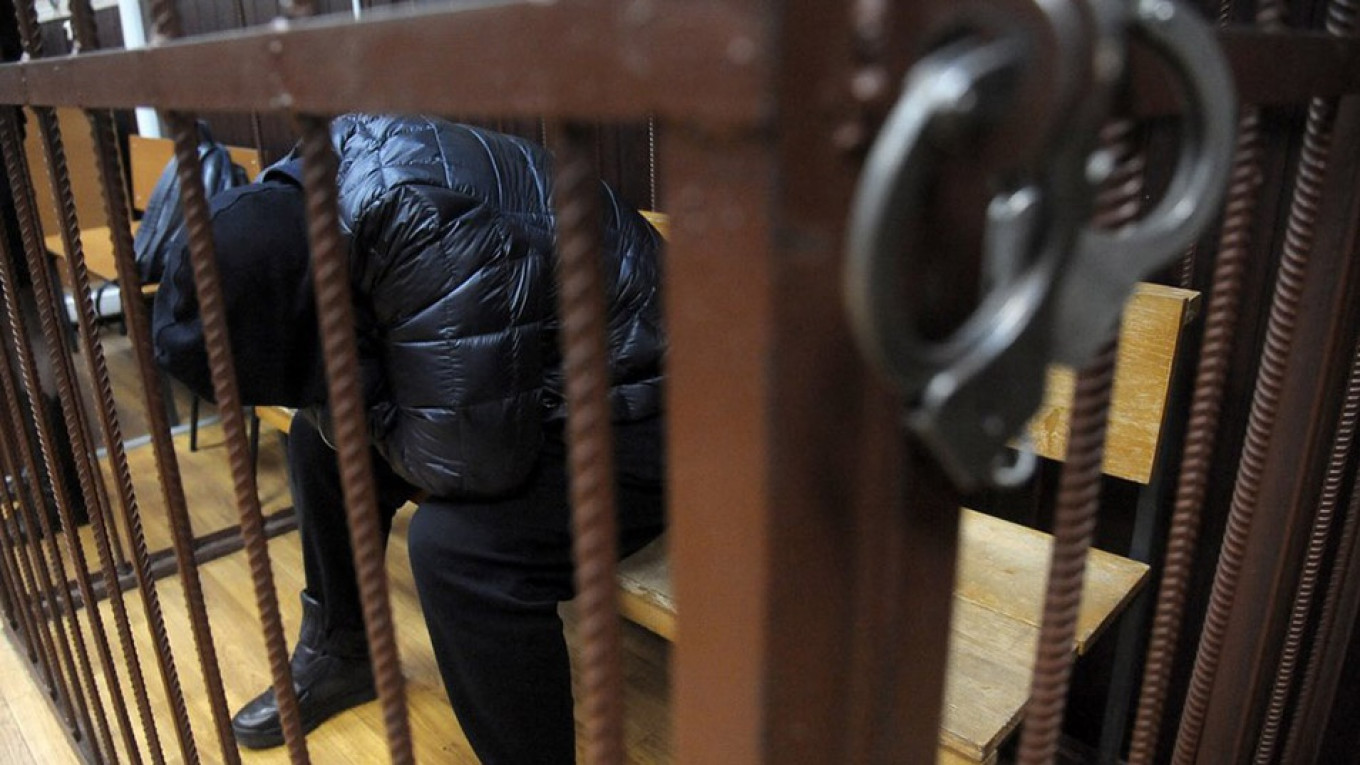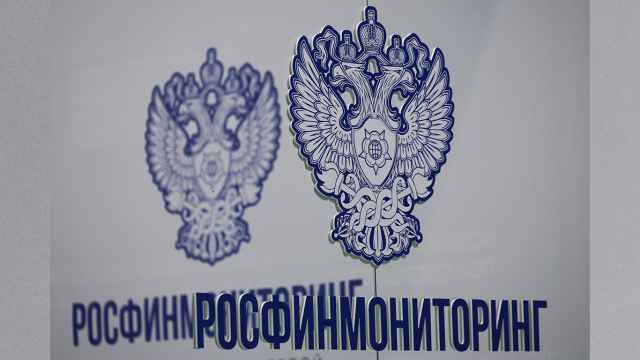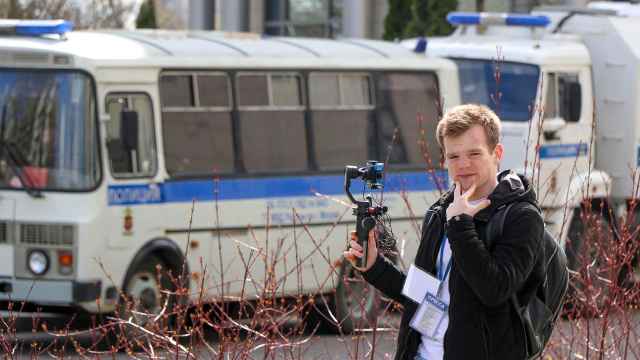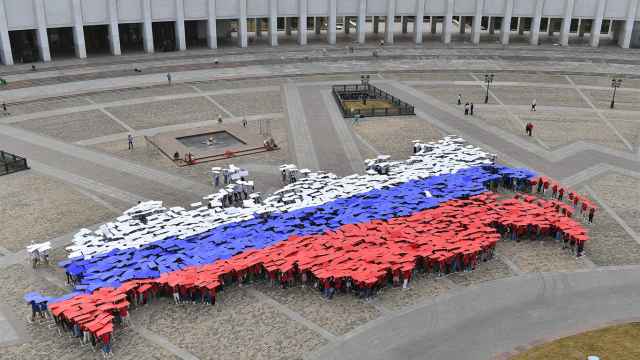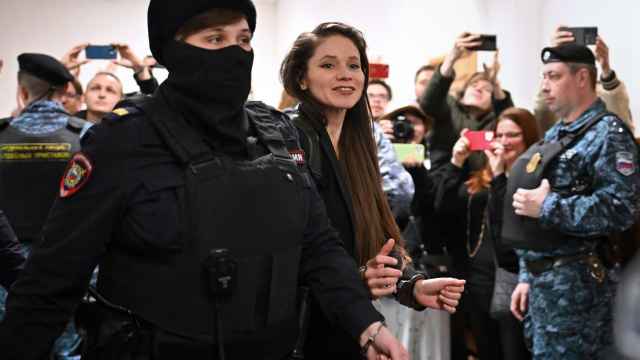Russian President Vladimir Putin has submitted draft legislation to partially decriminalize a contentious article in the Criminal Code that law enforcement authorities have used to prosecute hundreds of internet users.
Article 282 of the Criminal Code has in recent years become a catch-all to target users who post memes and other insensitive online content on grounds that they incite racial, religious or other forms of hate. The Russian Supreme Court chairman has recently estimated there was a fivefold increase in extremism charges last year. Putin vowed to look into the article after a lawmaker called it “sheer idiocy” during the president’s annual call-in show this summer.
Under new legislation proposed by Putin to the State Duma on Wednesday, first-time offenders who post online content that “incites hatred or enmity” would be subject to administrative, rather than criminal, proceedings.
Criminal extremist proceedings — which carry punishments of up to five years in jail — would only apply to internet users who have committed repeat administrative offences within a year.
“Analysis of law enforcement practice shows that not all prosecutions for acts under Article 282.1 […] are justified,” an explanatory note to the bill says.
Pavel Chikov, the head of the Agora international rights group which regularly represents Russians charged with posting extremist material online, has said the changes were “good news for those accused, under trial or charged under Article 282.”
If the legislation passes, “criminal cases will have to be closed and sentences overturned,” he wrote on his Telegram channel.
The draft legislation is scheduled to be considered in a first reading by lawmakers on Oct. 8, Duma Speaker Vyacheslav Volodin was quoted as saying by the Govorit Moskva radio station on Wednesday.
A Message from The Moscow Times:
Dear readers,
We are facing unprecedented challenges. Russia's Prosecutor General's Office has designated The Moscow Times as an "undesirable" organization, criminalizing our work and putting our staff at risk of prosecution. This follows our earlier unjust labeling as a "foreign agent."
These actions are direct attempts to silence independent journalism in Russia. The authorities claim our work "discredits the decisions of the Russian leadership." We see things differently: we strive to provide accurate, unbiased reporting on Russia.
We, the journalists of The Moscow Times, refuse to be silenced. But to continue our work, we need your help.
Your support, no matter how small, makes a world of difference. If you can, please support us monthly starting from just $2. It's quick to set up, and every contribution makes a significant impact.
By supporting The Moscow Times, you're defending open, independent journalism in the face of repression. Thank you for standing with us.
Remind me later.


